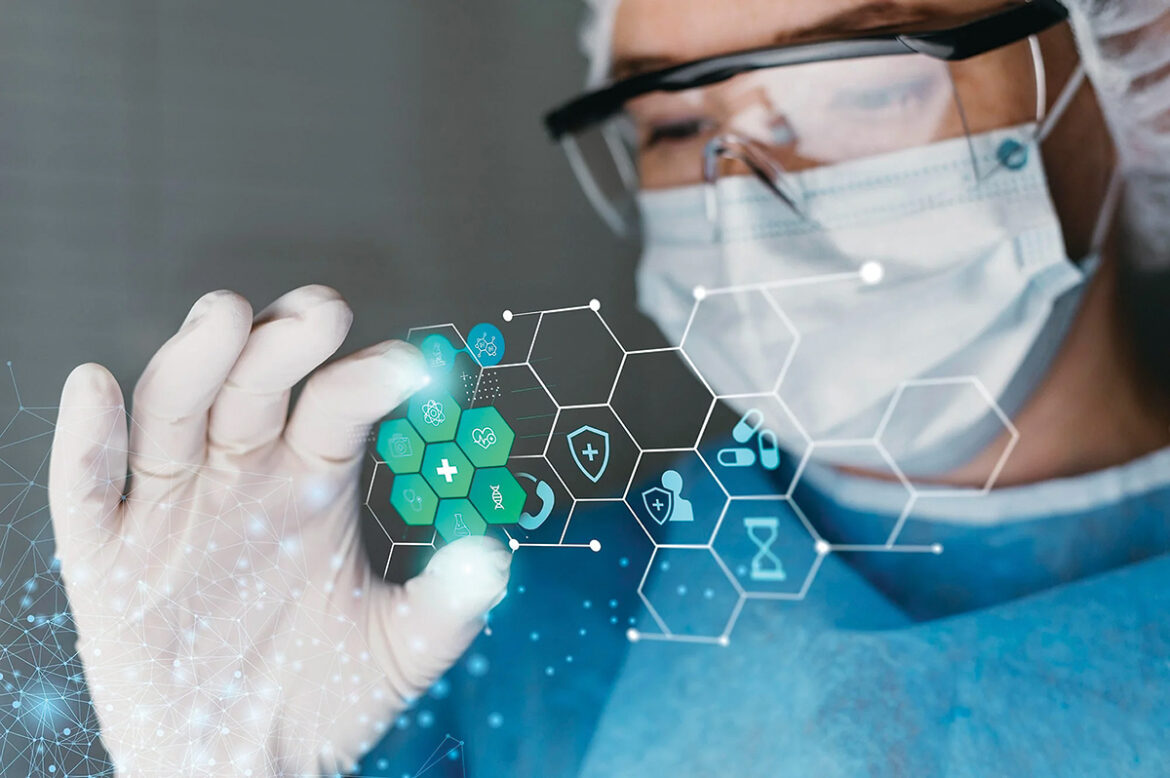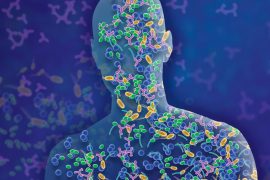Artificial Intelligence Is Transforming the Practice of Medicine
It already runs in the background of every aspect of our daily lives, even when we forget about it. From everyday conveniences such as Artificial Intelligence-produced book review summaries, product recommendations, generated recipes, and music selections based on listening algorithms, AI is dramatically changing our world, including the healthcare landscape.
Artificial Intelligence can support physician offices, medical centers, hospitals, and pharmacies by increasing operational efficiency with models collecting patient information, quickly and accurately triaging patients, and capturing and documenting data in a way that keeps insurers happy. And your doctor could already be using AI for everything from creating a summary for his chart notes to running your symptoms through numerous diagnostics outcomes.
“The AI technology provides higher-quality images that improve diagnostic accuracy and allow for potential earlier detection of diseases,” said Radiologist Raun Wetzel, MD, Singing River Health System.
Patient exam times have been reduced in half at the Singing River Health System thanks to AI. A standard MRI of the lower spine is completed in less than 10 minutes versus 23 minutes using conventional scanners. The shortened exam time often eliminates the need for sedation for those who are claustrophobic.
Memorial Health System is also embracing the use of AI, and earlier this year welcomed new systems that provide faster exams and better image quality. With simple button clicks, scans and images are generated allowing physicians a detailed glimpse inside the body.
Artificial Intelligence has been a hot topic in almost every industry in the past couple of years and medical education is no exception. The University of Mississippi Medical Center is currently using AI in its curriculum to support students in critical tasks like making diagnoses, developing plans of care, elevating students’ hands-on classroom experiences, and accelerating professors’ teachings.
The use of AI in medical fields is still relatively new so many people may not know what to make of it. For some, the concept of any Artificial Intelligence includes feelings of suspicion or anxiety. In reality, we have been using AI in many ways for years in the form of Alexa, Siri, and Google Maps. And the healthcare sector has seen remarkable advancements in technologies enhancing patient care, diagnostics, and treatment plans.





